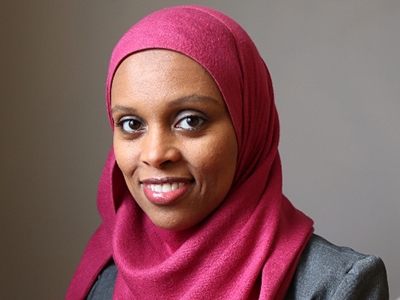By Mary Giles
Trained as a social-cultural anthropologist, William Hébert is an interdisciplinary researcher with interests in critical criminology, prison studies, gender and sexuality studies, and legal and medical anthropology. Prior to coming to Carleton, he was a Banting Postdoctoral Fellow at Memorial University, where he launched a new ethnographic project on fetal alcohol spectrum disorder (FASD) in the Canadian criminal justice system.
This year at Carleton, Hébert is teaching two undergraduate courses: a second-year course exploring the major institutions, agents, laws and processes that constitute Canada’s criminal justice system, and a third-year course that will introduce students to qualitative methodological approaches in legal studies.
His research investigates the conditions of and limits to a broad definition of inclusion. “Specifically, my work focuses on ‘vulnerable’ populations and their everyday experiences, demands for social change and relationship to institutions that shape and govern their lives,” he says. Over the past decade, Hébert has approached such topics through two interrelated streams of qualitative inquiry: conducting long-term ethnographic fieldwork and collaborating on community-based interdisciplinary research projects.
Hébert is principal investigator for a community-based study investigating trans people’s experiences of serious legal problems in Canada, a project funded by the Department of Justice Canada and conducted in partnership with the Community-Based Research Centre and Action Santé Travesti(e)s et Transsexuel(le)s du Québec (Quebec Trans Health Action).
Currently, Hébert is working on a book based on his dissertation research from the University of Toronto. He says, “The book traces the conditions of recent Canadian trans correctional reforms and explores the outcome of their early implementation. The book is based on 24 months of multi-sited ethnographic fieldwork involving participant-observation, case law and policy analysis, as well as interviews, focus groups and informal recorded conversations with more than 100 participants, including trans prisoners and correctional staff in federal correctional institutions.”
Tuesday, October 27, 2020 in Faculty, FPA Voices
Share: Twitter, Facebook



